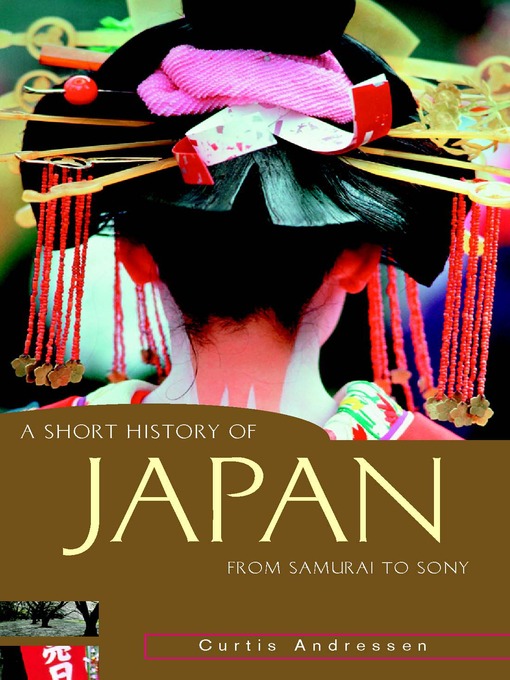New in the Short History of Asia series, edited by Milton Osborne, this is a comprehensive, readable history of the land of the Rising Sun, from its ancient origins to its fascinating present.
Japan is a country of contradictions and extremes. It is a country of age-old practices and cutting edge technology, strong martial traditions and refined artistic accomplishments. Few countries have been the subject of so much attention yet remain so elusive.
Japan is an island nation defined by its close proximity to, yet isolation from the Asian mainland. Throughout history, ideas adopted from both Asia and the West have, through this isolation, evolved in Japan into unique cultural hybrids. The result is a society that has traces of many civilisations and yet its own distinctive identity. Despite the region's few natural resources and frequent natural disasters, Japanese society has learned to thrive through a complex network of dependency and obligation born of the need to work together in a country where survival is relatively difficult.
From the influence of China to the impact of feudalism, modernisation and imperialism, from war and peace to the miracle economy and contemporary uncertainty, Curtis Andressen traces the threads of history, environment and culture that run through the centuries to explain much about the Japan of today.
A Short History of Japan is an ideal introduction to Japan for travellers, businesspeople and students, and a compelling read for those interested in this rich culture and fascinating history.
